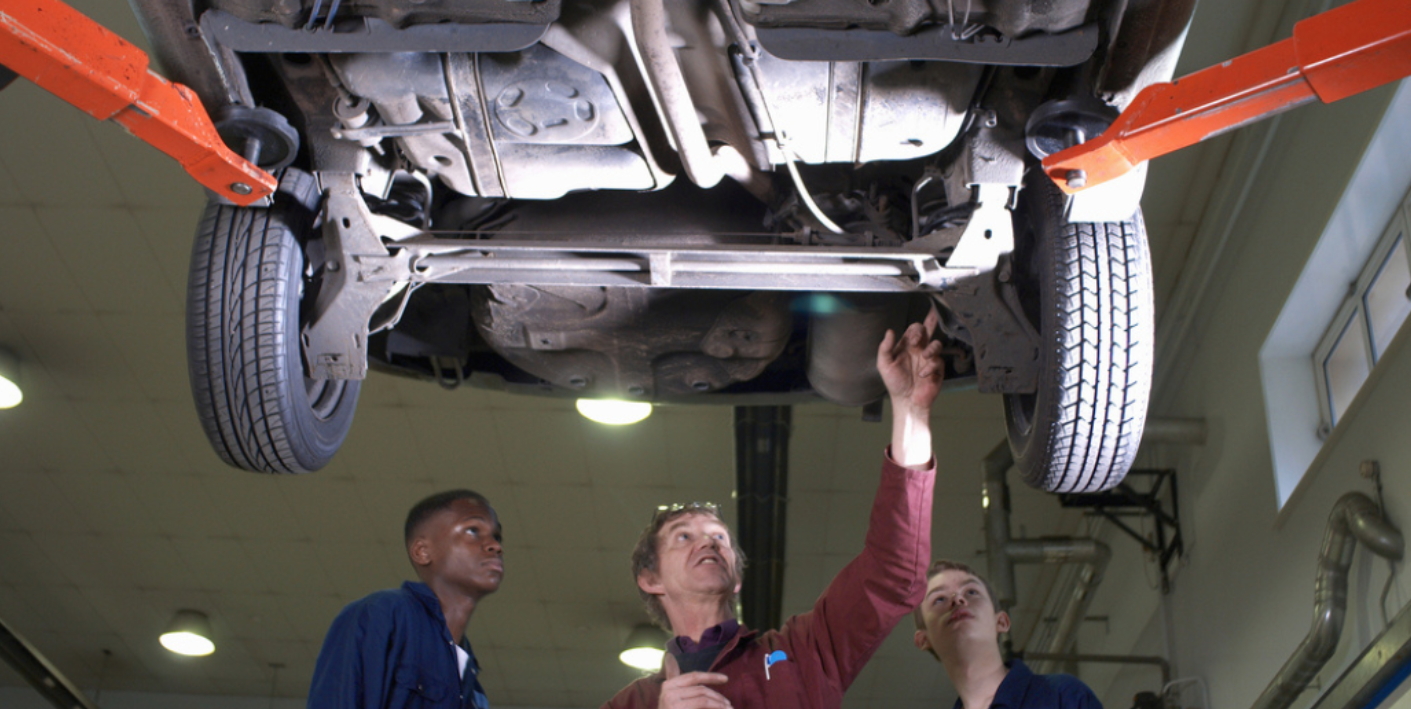How to Decide Between a New or Used Car (PDF)

What tips are we going to talk about in this post?
- The pros and cons of buying a new car
- What to look for when buying a used car to ensure it’s reliable and safe
- How to research and find a reliable used car
- The importance of regular car maintenance for both new and used cars
- Financing options for new and used cars and how to choose the best one for your budget.
Don’t know whether to buy a new or used car?
You’re not alone! Both options have their pros and cons.
Pros and Cons of Buying a New or Used Car
When you buy a new car, you get the latest technology, as well as the peace of mind that comes with being the first owner. However, new cars are expensive and depreciate rapidly in the first few years.
If you choose a used car, you can save money upfront and often have a lower insurance premium. In addition, if you do your research and find a reliable used car, you might still be able to find a vehicle that lasts for years. The risk of unexpected repair and maintenance costs is always present.
It is ultimately up to you to decide which option is best for you based on your personal preferences and your budget. If you value the latest features and are willing to spend money on them, a new car might be the right choice. It is possible to save money on a great vehicle by doing some research and finding a reliable used car.
If you choose a new or used car, you must maintain it regularly to ensure that it lasts as long as possible and retains its value
Factors to Consider When Choosing Between a New or Used Car
While a new car may have a higher sticker price, it is often covered by a warranty that covers repair costs. The cost of ownership is another factor to consider when choosing between a new and used car.
On the other hand, a used car may require more maintenance and repairs, which can add up over time. However, a well-maintained used car can still be reliable for years to come.You should also consider your financing options. In some cases, financing a new car may come with lower interest rates or incentives, making it more affordable in the long run.
Despite the higher interest rate, financing a used car will likely result in a lower overall payment since the car is of lower value. Check the last updated information about auto incentives and rebates that we also prepared to you here!
It’s also important to consider your financing options. In some cases, financing a new car may come with lower interest rates or incentives, which can make it a more affordable option in the long run. However, financing a used car may come with a higher interest rate, but you’ll likely pay less overall since the car’s value is lower.
Ultimately, the decision to buy a new or used car depends on your personal preferences and financial situation. By considering the pros and cons of each option and doing your research, you can make an informed decision that meets your needs and fits your budget.
In summary, there’s no one-size-fits-all answer when it comes to buying a car. Weigh the pros and cons of both options, consider your budget and priorities, and make the decision that’s right for you. With the right research and care, your car will serve you well for years to come.





